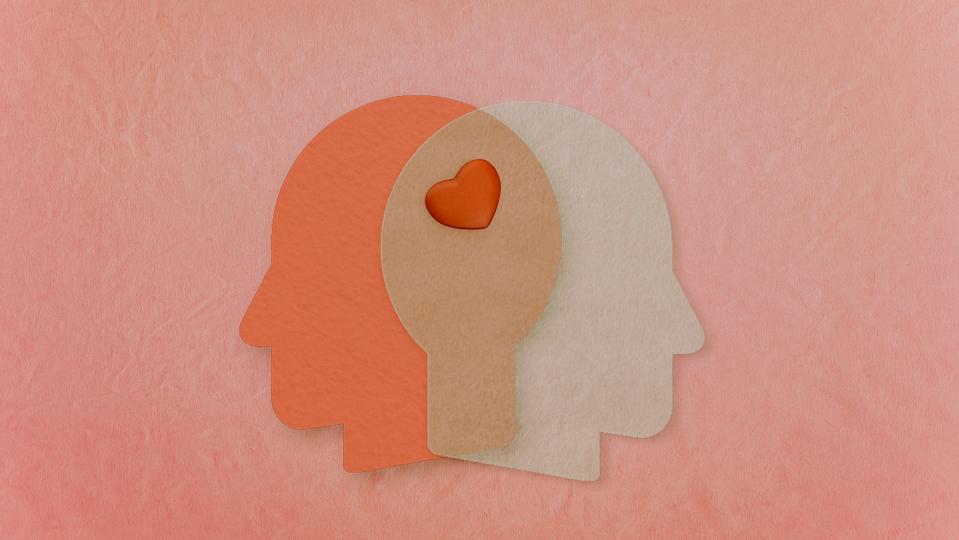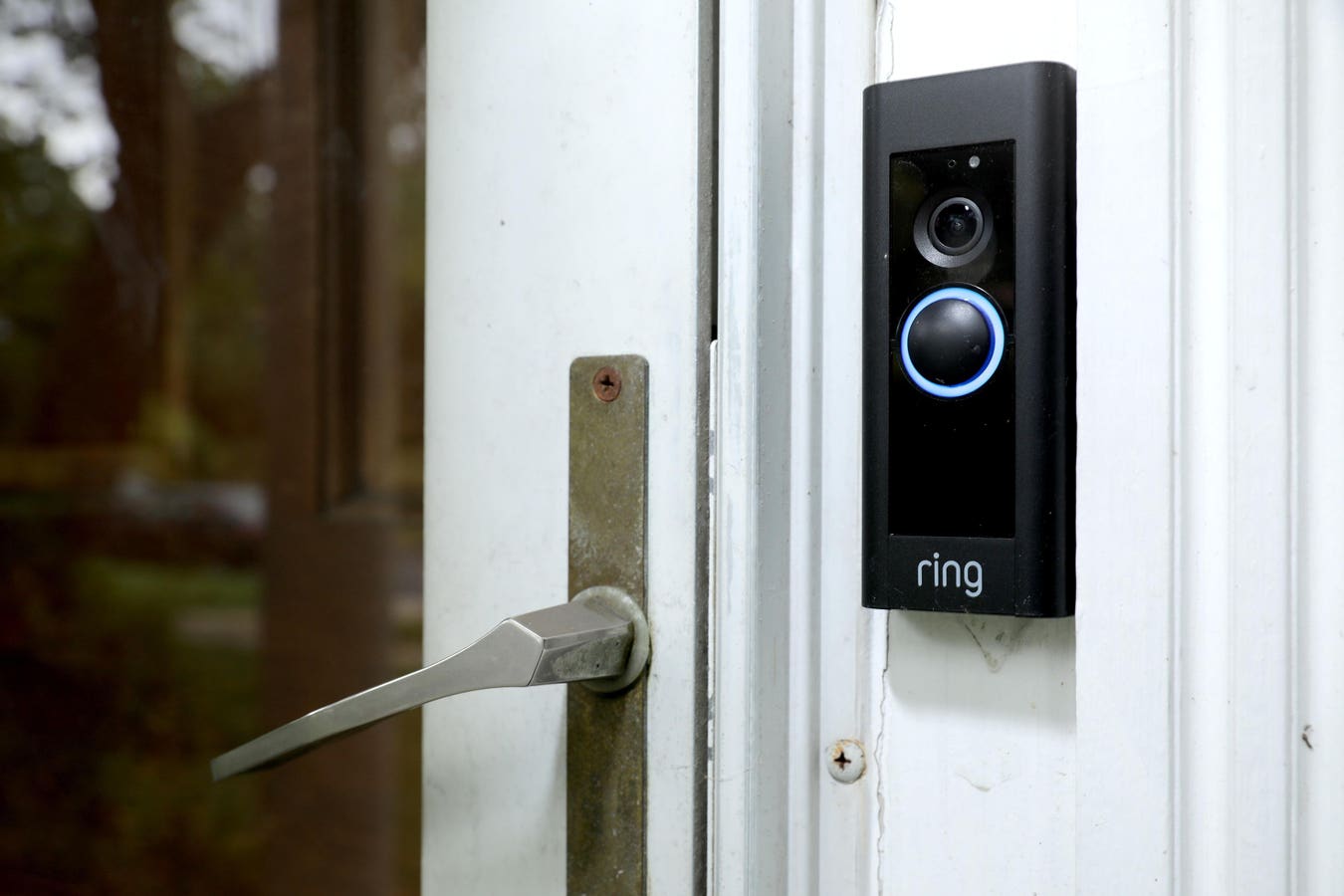Intimacy is something couples build over time with knowledge. These two questions will assess if you know what matters most when it comes to emotional intimacy.
getty
Both researchers and psychologists alike have long been in agreement that intimacy cannot be reduced to a single dimension. It’s not a matter of affection, attraction, sex, conflict or communication alone; rather, it’s all of them, all at once. With this combination usually comes a deep sense of familiarity — which Dr. John Gottman, one of the most renowned relationship researchers in modern history, famously called a “love map.”
This refers to a detailed mental space, in which you store knowledge about your partner’s inner world: their hopes, fears, habits, dreams. The strength of that map, in turn, can signal the strength of the relationship. From this perspective, it’s unsurprising that “growing apart” is one of the most common reasons cited when couples divorce.
With that in mind, here are two questions that healthy couples should always be able to answer about one another. Answer them correctly, and that means you’ve got one of the most important aspects of a loving relationship under control: emotional intimacy.
1. What Matters The Most In My Partner’s Life Right Now?
This question isn’t a measure of broad strokes, like, “My partner values family,” or, “My partner wants career success.” These are broad overviews, which don’t truly capture the intricacies of a partner’s personhood. The way you answer this question will reflect, instead, how attuned you are to the present tense of their life.
What it’s really asking is: when your partner has to grapple with something big, are you in the know about it? For instance, an important junction in their work, a challenging learning curve in their hobby, a struggle with a health concern, a big shift in their lifestyle — would you be able to articulate why it matters to them, and how they’re feeling about it?
Note, however, that this isn’t a question with a fixed answer. Your answer today will likely differ greatly to what it would’ve been one, five and ten years ago; it will naturally shift in turn with life’s circumstances. A partner who once only cared about finishing graduate school may, in a few years’ time, find themselves dedicated solely to parenting, financial stability or even rediscovering their independence.
In this sense, couples who stay healthy over time keep up to date with these ever-evolving priorities. They know the answer today, and they celebrate how it’s changed over the years.
As a 2020 study from Emotion on perceived partner responsiveness notes, we’re more likely to express our emotions (especially vulnerable ones) when we feel our partner is attuned and emotionally available. In the context of an actual relationship, this means your partner’s emotional expression often hinges on whether or not they believe you care.
Responsiveness will make or break whether or not a partner feels willing to open up to the other. Being able to confidently and correctly answer this question, from this perspective, means that your responsiveness invites honesty in emotional expression. If not, consider it your cue to start working harder toward gaining access to your partner’s inner world.
2. What Is My Partner’s Greatest Vulnerability?
Everyone carries troubles of their own: insecurities, trauma, fears, mental health struggles. These vulnerabilities will almost always surface at some point or another in a relationship that’s truly close. And, ultimately, how they’re received can dictate how safe and trusting a relationship feels.
A 2025 study from Psychiatric Quarterly illustrates this well. The semi-longitudinal research discovered that individuals with high levels of psychological vulnerability — that is, a low tolerance for stressful situations and a tendency toward negative thought patterns — consistently reported lower satisfaction in their romantic relationships.
An important caveat, however, is that emotional distress mediated the link between vulnerability and satisfaction. This means even if someone is psychologically vulnerable, how well they’re able to manage distress is what can ultimately sway the impact it has on their relationship satisfaction.
In other words, looking past your partner’s vulnerabilities doesn’t make you the perfect partner. In reality, choosing to turn a blind eye to them enables them to spread in dangerous ways — ones that could very well impact your relationship. But taking the time, effort and discomfort required to address them can have the opposite impact.
This doesn’t mean you need to reduce your partner to a list of flaws and breaking points. Instead, it means you need to have a firm grasp of what makes them feel most exposed, how to handle those matters with care and, most importantly, what happens if they’re treated carelessly.
A partner with past experiences with abandonment, for example, will be particularly sensitive to how present you are, both emotionally and physically. A history of financial insecurity may make conversations about money particularly triggering. Knowing that these patterns exist won’t fix them, but this knowledge empowers you to approach them with greater empathy.
From this point of view, being able to answer this question truthfully means that a couple has had to endure difficult conversations. Yet, at the same time, it also means that they’ve come out the other end stronger than they were before. Their care signals that the relationship is safe enough to show one another where they’re most tender; their openness, similarly, reflects how trustworthy they are in each other’s eyes.
What These Questions Are Actually Asking
These two questions — “What does my partner care about most right now?” and, “What is my partner most vulnerable about?” — go to the heart of what emotional intimacy requires. To answer them well is to demonstrate that you’ve been paying attention during points that were likely inconvenient, messy or uncomfortable.
Movies tend to portray love as a picturesque state of perpetual bliss, but the reality is significantly less glamorous. True love demands presence when it feels easiest to run away; it requires you to be patient when you’d rather be selfish; it asks you to be humble when your pride gets the better of you.
Recognizing one of love’s most uncomfortable truths — that at times, your partner’s deepest concerns lie outside of you — is one of the most sobering but essential parts of partnership. Yet, simultaneously, it expands your capacity to support them where they are.
The same is true of vulnerability. To know your partner isn’t to imagine them as endlessly resilient, as much as we wish they were. Rather, it’s to see their weak spots, and to acknowledge them as a fixed part of their humanity.
That recognition can be unsettling. It forces you to confront the reality that the person you love most is not invincible, and that, sometimes, they will falter. They will struggle on some days, and on other’s, they’ll need more care than they can give. Yet, paradoxically, it’s precisely in acknowledging those tender places that deeper intimacy forms.
Seeing your partner not as an idealized figure but as a complex, imperfect individual allows for a love that is sturdier, more compassionate and, ultimately, more real.
Would your partner struggle to answer these two questions about you? Take this science-backed test to find out if you’re being your true self around them: Authenticity in Relationships Scale









